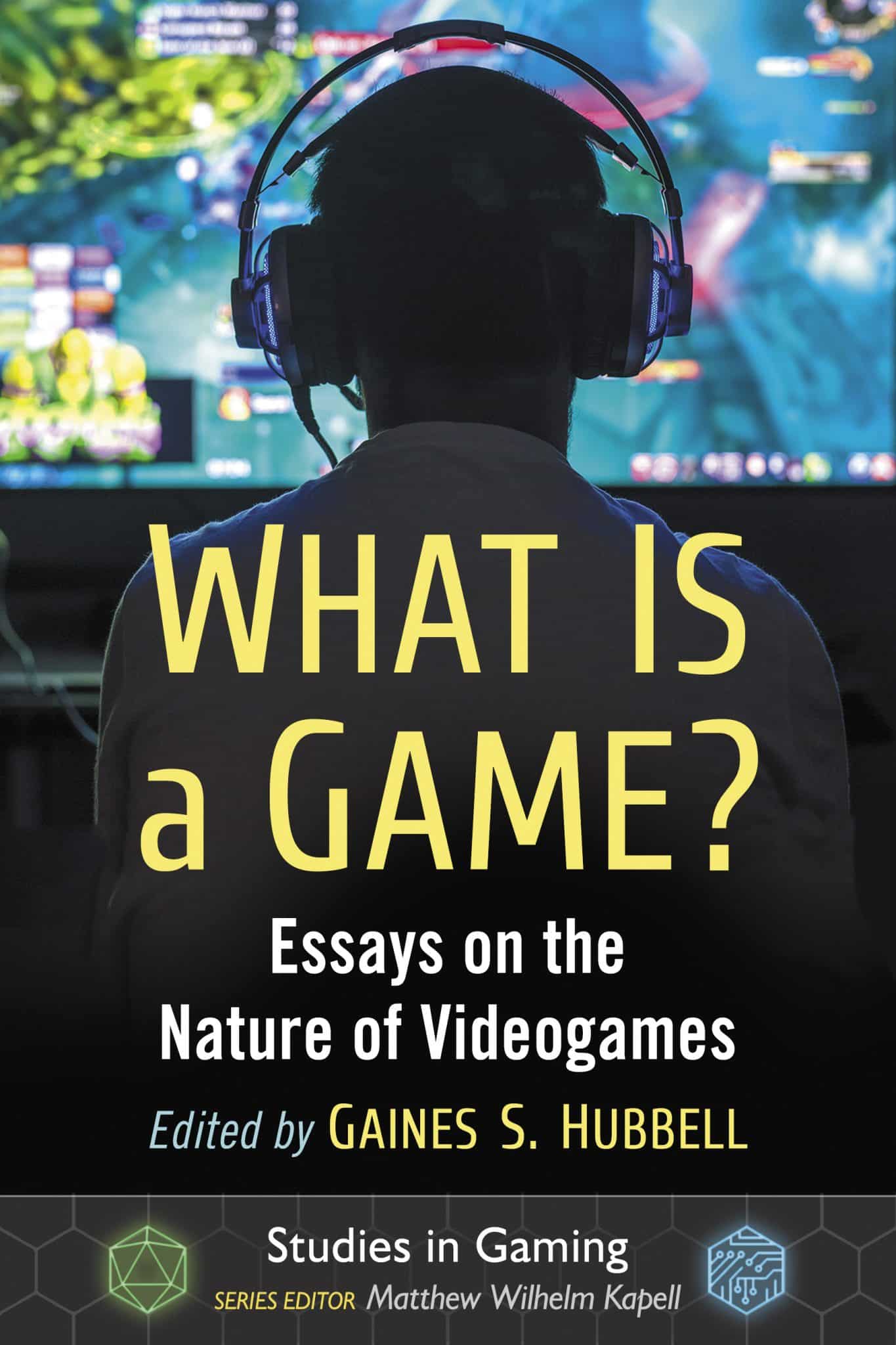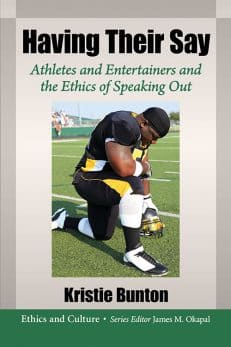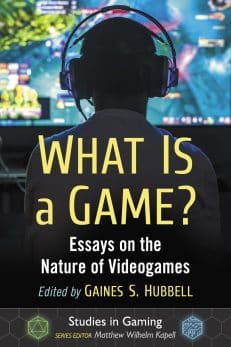What Is a Game?
Essays on the Nature of Videogames
Original price was: $39.95.$19.99Current price is: $19.99.
In stock
About the Book
What is a videogame? What makes a videogame “good”? If a game is supposed to be fun, can it be fun without a good story? If another is supposed to be an accurate simulation, does it still need to be entertaining? With the ever-expanding explosion of new videogames and new developments in the gaming world, questions about videogame criticism are becoming more complex. The differing definitions that players and critics use to decide what a game is and what makes a game successful, often lead to different ideas of how games succeed or fail. This collection of new essays puts on display the variety and ambiguity of videogames. Each essay is a work of game criticism that takes a different approach to defining the game and analyzing it. Through analysis and critical methods, these essays discuss whether a game is defined by its rules, its narrative, its technology, or by the activity of playing it, and the tensions between these definitions. With essays on Overwatch, Dark Souls 3, Far Cry 4, Farmville and more, this collection attempts to show the complex changes, challenges and advances to game criticism in the era of videogames.
About the Author(s)
Bibliographic Details
Edited by Gaines S. Hubbell
Series Editor Matthew Wilhelm Kapell
Format: softcover (6 x 9)
Pages: 291
Bibliographic Info: 4 photos, notes, bibliographies, index
Copyright Date: 2020
pISBN: 978-1-4766-6837-6
eISBN: 978-1-4766-3901-7
Imprint: McFarland
Series: Studies in Gaming
Table of Contents
Introduction: Defining Games in the Process of Criticism (Gaines S. Hubbell) 1
Games as Text
Experiential Rhetoric: Game Design as Persuasion (Jason Hawreliak) 19
Post-Procedural Composition(s): Writing Gameplay Criticism (Kyle M. Bohunicky) 35
An Educational Critique of Blizzard’s Overwatch (Joseph R. Fanfarelli) 50
Using Procedural Rhetoric to Analyze a Persuasive Health Game: Re-Mission (Emily Kuzneski Johnson and Rudy McDaniel) 70
Texts and Turnabouts: Analyzing the Words of Ace Attorney (Robyn Hope) 85
Imagining the World Differently: Hohokum and the Evolution of Digital Games (Raven A. Pfister) 103
Games as Activity
Lighting the Bonfire: The Role of Online Fan Community Discourse and Collaboration in Dark Souls 3 (Alexander Jenkins) 131
(Re)framing Public Performativity: The Expanding Social Game of Photos, Sharing and Queer Identity via Gone Home (Jordan Youngblood) 147
Exploring Literary Merit of Mainstream Videogames Through Gaming Literacy Theory (April M. Sanders) 168
Games as Technology Playing Like a Girl: The Ludic Representation of Gender in Videogames (Bryan J. Carr) 189
Cultivating Play: Analyzing the Neoliberal Sub(ob)jects in FarmVille 2 (Alexis Pulos) 210
Wii Play the Game Like U: Gameplay-Oriented Analysis and Games Criticism On/Off the Screen (Sky LaRell Anderson) 226
Blockbusters and Button-Mashers: Analyzing Cinematic References in Game Reviews as a Means of Convergence (Theo Plothe) 245
“Choices have consequences,” Except When They Don’t: The Illusion of Player Agency in Far Cry 4 (Matthew Wysocki) 261
Conclusion: Exploring the Ambiguity of Games (Gaines S. Hubbell) 270
About the Contributors 277
Index 281





